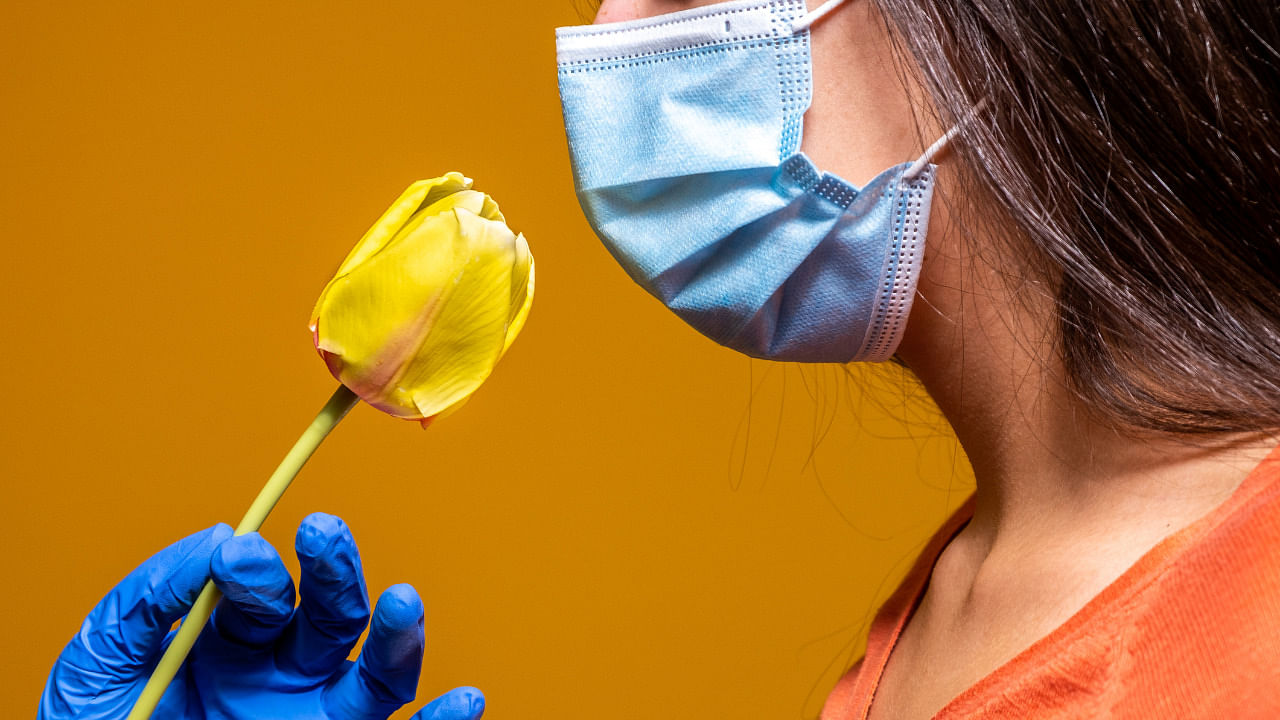
After 13-year-old Sahil Shah lost his sense of smell to Covid-19 in November, his parents looked everywhere for help.
"We met with neurologists, neurosurgeons, ENT specialists, and all of them said if it was supposed to come back, it would have come back by now," said Sahil's father, Pratik Shah.
But six months later, the teenager from Chicago still had no sense of smell or taste.
The family sought help from an unlikely source - New York fragrance expert Sue Phillips. She has helped develop and market perfumes for Elizabeth Arden, Lancome and Tiffany & Co, and now runs her own company, Scenterprises.
"So let me tell you, first of all, I am not a doctor. I'm not a scientist. I'm not even a chemist," Phillips told a client at her boutique on the Upper East Side of Manhattan.
To begin the process of helping people learn to smell again, Phillips sets up an array of 18 custom-blended fragrances. Starting with the lighter notes such as rose, lavender and mint, Phillips hands one scented blotter strip at a time to her client.
If there is no response, she uses more robust scents, such as spice and musk.
"What's been happening is we're training people to, I like to say, smell with your brain... I can see almost the fog lifting. And then they can start to smell again. And it's really amazing."
After visiting Philips, Shah's father said Sahil's smell is now at about 25%. "It's better than zero."
A panel of experts recommended in a paper published in January in the Journal of Allergy and Clinical Immunology that Covid-19 patients who lost their sense of smell receive a form of "smell rehab" known as olfactory training.
Harvard University neuroscientist Venkatesh Murthy said some smells can trigger memories and emotions and Phillips may be on to something.
"By trying various different fragrances, maybe for a particular person, you hit upon one or two things that the leftover sense of smell is able to perceive," he said, adding there was no harm in trying to use scents to restore smell.